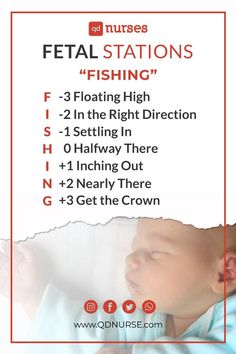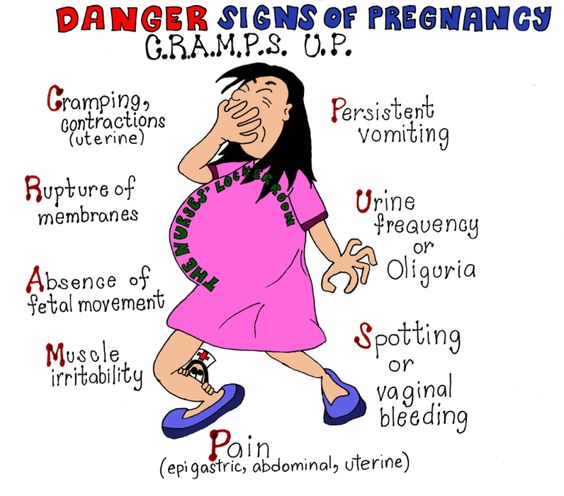PREGNANCY DUE DATE ESTIMATION

PREGNANCY DUE DATE ESTIMATION Estimating a pregnancy due date is typically done based on the woman's last menstrual period (LMP) and involves the use of a standard calculation known as Naegele's Rule. Here's an overview of the process: Start with the Last Menstrual Period (LMP): The first day of the woman's last menstrual period is used as the starting point for calculating the due date. Add 280 Days (40 Weeks): Pregnancy is commonly considered to last about 40 weeks or 280 days from the first day of the last menstrual period. This is based on the assumption of a regular 28-day menstrual cycle. Adjust for Cycle Length: If the woman's menstrual cycle is longer or shorter than 28 days, the due date calculation may be adjusted. For example, if the cycle is 30 days, you might subtract 2 days from the total. Conversely, if it's a 25-day cycle, you might add 5 days. Ultrasound Dating: While Naegele's Rule is a common method, it's worth noting that the mo...

